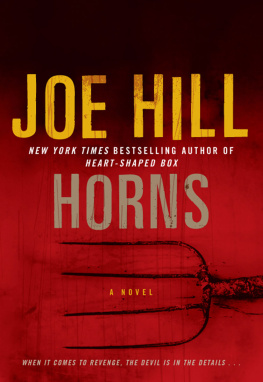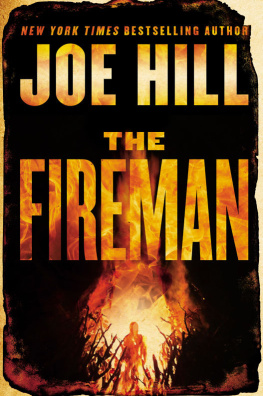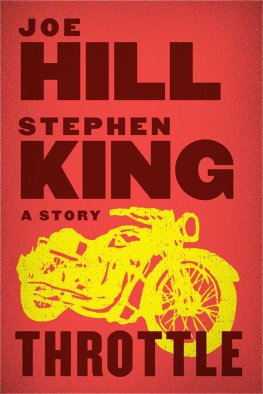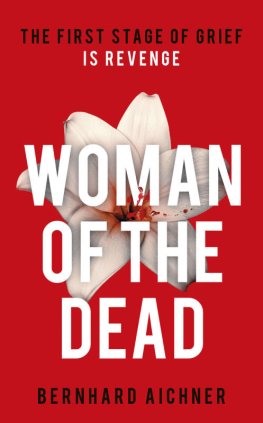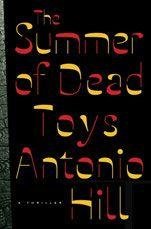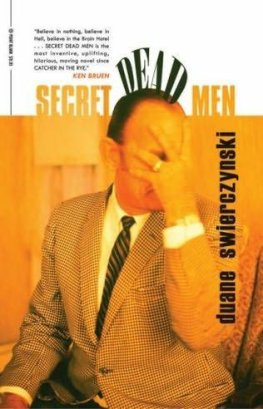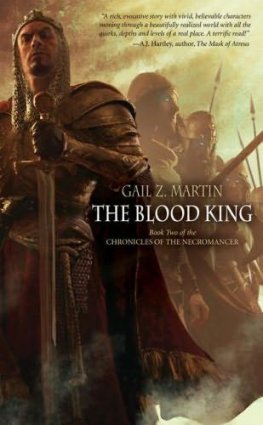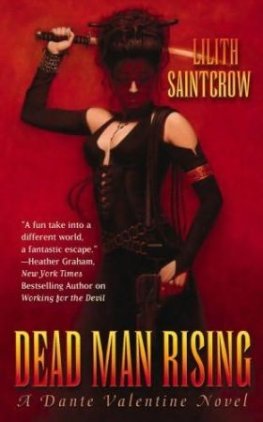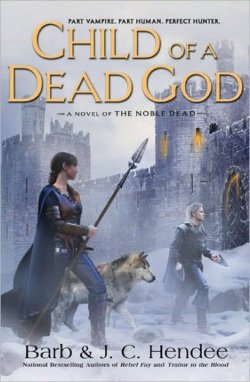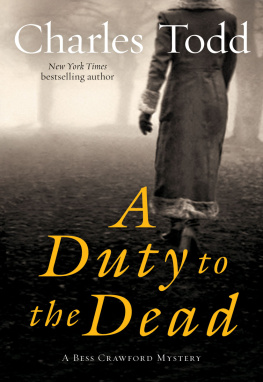* * *Introduction
Modern horror is not often subtle. Most of those who practice the art of the unsettling far too often go for the jugular, forgetting that the best predators are stealthy. Nothing wrong with going for the jugular, of course, but writers of genuine skill and talent have more than one trick in their bags.
Not all of the stories in 20th Century Ghosts are horror stories, by the by. Some are wistfully supernatural, some are darkly disturbing mainstream fiction, and one lacks any trace of nastiness and is actually quite sweet. But they are subtle, friends and neighbors. Joe Hill is one stealthy bastard. Even the one about the kid who turns into a giant bug is subtle, and, lets face it, how often can you say that?
I first encountered Joe Hill as a name on a list of contributors to an anthology called The Many Faces of Van Helsing, edited by Jeanne Cavelos. Though I also had a story in that volume, I confess that I had not read any of the others when the time came for a small group signing at Pandemonium, a specialty bookstore in Cambridge, Massachusetts. Joe Hill was there, along with Tom Monteleone, Jeanne, and me.
At that point Id never read a word hed written, but as the day went on, I found myself growing curious about Joe Hill. The most interesting thing, to me, that came out of our conversations was that while he had a love for horror stories, they were far from his only love. He had published mainstream stories in literary magazines (and, believe me, I use that word so loosely it might just fall off) and won awards for them. Yet he found himself coming home to horror and dark fantasy time and again.
Be glad of that. If you arent now, you soon will be.
I wouldve gotten around to reading The Many Faces of Van Helsing eventually, but in large part due to meeting Joe I moved it to the top of the stack. His story therein, Abrahams Boys, was a chilling, textured examination of children who have begun to realizeas all children dothat their father is imperfect. It reminded me in the very best ways of the deeply unsettling independent film Frailty. Abrahams Boys is an excellent story that falls about halfway through the book youre currently holding, and it was good enough that it made me want to seek out more work by Joe Hill. But hed published only short stories, and most in places that I wasnt likely to run across casually. In the back of my head I made a note to watch for his name in the future.
When Peter Crowther asked me if Id be willing to read 20th Century Ghosts and write an introduction, I knew I shouldnt agree. I havent time to do much of anything other than write and be with my family, but the truth is, I wanted to read this book. I wanted to satisfy my curiosity, to find out if Joe Hill was really as good as Abrahams Boys indicated he might be.
He wasnt.
He was oh-so-much better.
The title of this volume is appropriate in myriad ways. Many of the tales involve ghosts in one form or another, and others reflect the effects of the 20th centurys echoes. In You Will Hear the Locust Sing, the author combines a fondness for and knowledge of the science fiction and monster films of the 1950s with the very same atomic fears that informed those films. The effect is both darkly humorous and heartfelt.
Yet perhaps the most significant way in which the title of this collection resonates is in the author himself. There is an elegance and tenderness to this work that is reminiscent of an earlier era, of Joan Aiken and Ambrose Bierce, of Beaumont and Matheson and Rod Serling.
At his best, Hill calls upon the reader to complete a scene, to provide the emotional response necessary for the story to truly be successful. And he elicits that response masterfully. These are collaborative stories that seem to exist only as the reader discovers them. They require your complicity to accomplish their ends. In the tale that leads off this volume, Best New Horror, it is impossible not to recognize a certain familiarity and to realize where the tale is leading, but rather than a failing, this is its greatest achievement. Without the readers feeling of almost jaded expectation, the story cannot succeed.
He draws you into the intimacy of 20th Century Ghost and the desperation of The Black Phone so that you are a part of the tale, sharing the experience with the central characters.
Far too many writers seem to think theres no place in horror for genuine sentiment, substituting stock emotional response that has no more resonance than stage directions in a script. Not so in the work of Joe Hill. Oddly enough, one of the best examples of this is Bobby Conroy Comes Back from the Dead, which is not a horror story at all, though it takes place on the set during the making of George Romeros classic film Dawn of the Dead.
Id like to talk to you about every story in this book, but the danger of writing something that goes at the front of the book is in giving too much away. I can say that if it were possible to scour from my mind the memory of having read these stories, I would happily do so, just so that I could have the pleasure of reading them again for the first time.
Better Than Home and Dead-Wood are things of beauty. The Widows Breakfast is a poignant snapshot of another era and of a man who has lost his way.
20th Century Ghost touches the nostalgic heart like many of my favorite episodes of The Twilight Zone. You Will Hear the Locust Sing is the love child of a menage a trois with William Burroughs, Kafka, and the movie Them! Last Breath is flavored with a hint of Bradbury. All of these stories are wonderful, some of them startlingly good. My Fathers Mask is so weird and upsetting that it made me giddy.
Voluntary Committal, the piece that closes this collection, is among the best novellas I have ever read, and speaks to the maturity of Joe Hill as a storyteller. It happens so rarely for a writer to pop up fully formed like this. And when it does well, I confess I am the victim of inner turmoil as I struggle between elation and the urge to beat the crap out of him. Voluntary Committal is that good.
Pop Art, though Pop Art is transcendent. The single best short story I have read in years, it brings all of Joe Hills abilities to bear in a few short pagesthe weirdness, the tenderness, the complicity.
With the nascent efforts of a newly arrived author, fans and critics alike are wont to talk about their promise. Their potential.
The stories in 20th Century Ghosts are promises fulfilled.
Christopher Golden Bradford, Massachusetts January 15, 2005 Revised, March 21, 2007* * *
Best New Horror
A month before his deadline, Eddie Carroll ripped open a manila envelope, and a magazine called The True North Literary Review slipped out into his hands. Carroll was used to getting magazines in the mail, although most of them had titles like Cemetery Dance and specialized in horror fiction. People sent him their books, too. Piles of them cluttered his Brookline townhouse, a heap on the couch in his office, a stack by the coffee maker. Books of horror stories, all of them.No one had time to read them all, although oncewhen he was in his early thirties and just starting out as the editor of Americas Best New Horrorhe had made a conscientious effort to try. Carroll had guided sixteen volumes of Best New Horror to press, had been working on the series for over a third of his life now. It added up to thousands of hours of reading and proofing and letter-writing, thousands of hours he could never have back.
He had come to hate the magazines especially. So many of them used the cheapest ink, and he had learned to loathe the way it came off on his fingers, the harsh stink of it.


